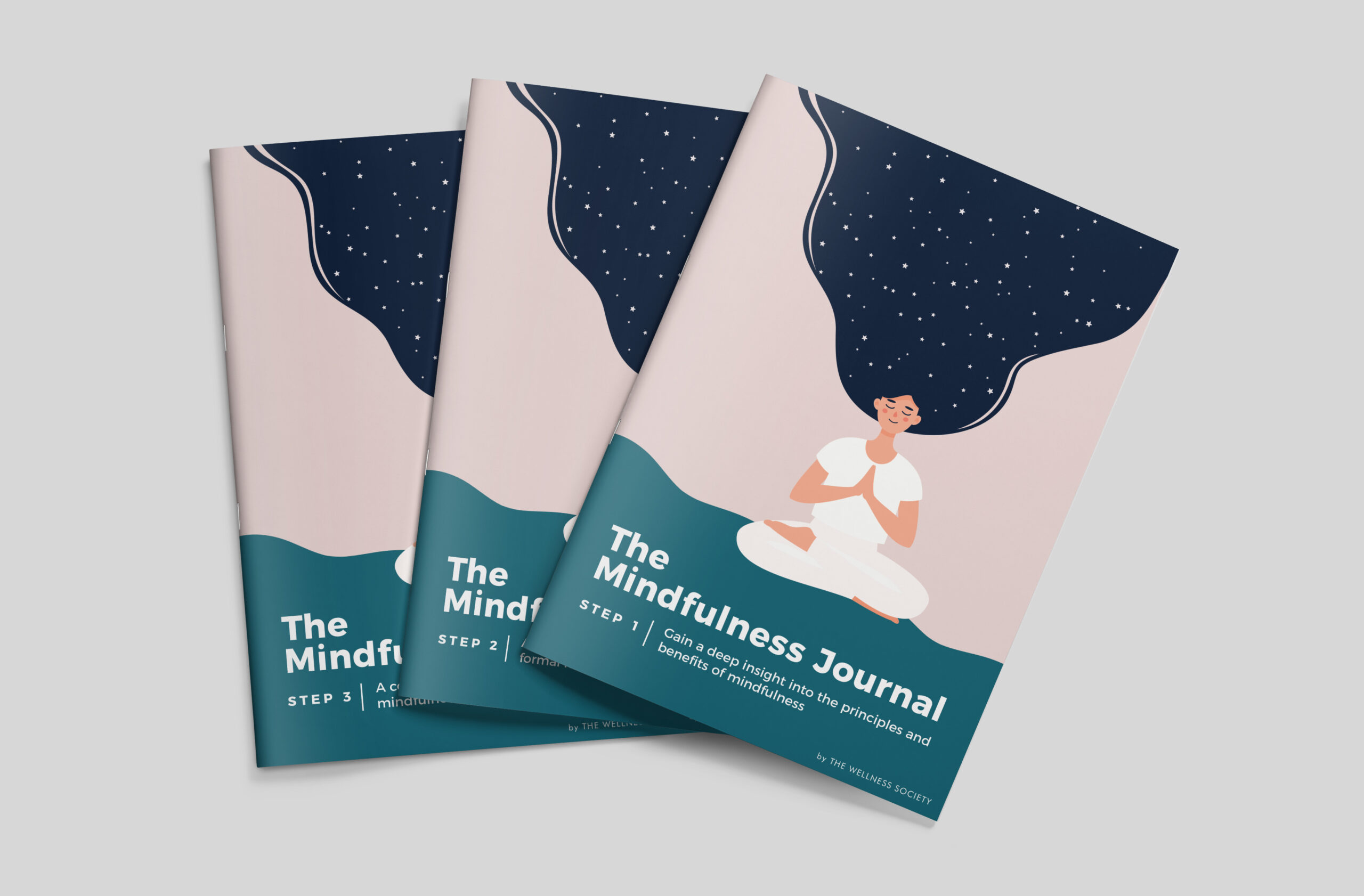Your hobbies can significantly impact your mental health for better or for worse.
For example, spending hours watching TV may add up to the mental health risks of a sedentary lifestyle. However, you can counteract these risks by choosing activities that get you outdoors and moving.
Hiking offers a multitude of benefits that go beyond physical wellbeing. In this article, we’ll look at seven mental health benefits of hitting the trails.
1. Reduces Stress Levels
A study published by Nature magazine reveals that spending at least 120 minutes a week in natural settings enhances mental wellbeing, as well as general health.
That’s because exposure to nature can lower cortisol levels (the hormone responsible for regulating stress levels) and soothe the mind.
The rhythm of walking, coupled with peaceful natural environments, can help you feel at ease and distract the mind from worries.
2. Strengthens Social Connections
If you set off on an adventure with a buddy or group of people, hiking can also strengthen your social connections.
You might consider booking an organised group hike at a famous destination. There are plenty of online guides to refer to. For example, here’s a complete guide to Walkers Haute route, a renowned long-distance hike from Chamonix to Zermatt.
The shared journey will help you feel more connected, and the conversations that unfold against a backdrop of stunning landscapes can help build deeper bonds. Social connections are vital for mental health, providing emotional support and a sense of belonging, and hiking can help you build your network and community.
3. Develop Mindfulness Skills
Hiking provides a perfect setting for mindfulness practice. You can incorporate the following into your hiking:
- Mindful walking. Focus on each step, feeling the ground beneath your feet. Keep your mind on the sensation of walking. Notice the contact your feet make with the ground, the shifting of your weight from heel to toe, and the rhythm of your stride. Pay attention to how your muscles and joints move with each step. If your mind begins to wander, gently bring your focus back to these sensations.
- Mindful breathing. During your hike, take moments to pay close attention to your breathing. Observe the air entering and leaving your lungs, the rise and fall of your chest, and the sensation of the breath at your nostrils. When thoughts intrude, acknowledge them without judgment and gently redirect your focus to your breath.
- Forest bathing. Forest bathing, or Shinrin-yoku, is the practice of immersing yourself in the forest environment to promote mental and physical health. As you hike, take deliberate pauses to absorb the beauty around you. Notice the colours and shapes of leaves, the sound of birds and rustling leaves, and the earthy scent of the forest.
These mindfulness practices can turn each hike into a rejuvenating mental retreat, boosting your overall mental wellbeing.
4. Improves Physical Health
Your mental and physical health are interconnected – choosing active hobbies helps you look after your mental wellbeing.
In particular, regular hikes improve cardiovascular fitness, strengthen muscles, and enhance lung function. These physiological benefits translate into mental clarity, better mood regulation, and increased resilience against anxiety and low mood.
5. Boosts Mental Endurance
Hiking builds mental endurance by challenging both body and mind. Confronting steep inclines and navigating uneven trails require focus and perseverance. These challenges can help you cultivate resilience, enhancing your ability to handle adversity in daily life.
6. Better Sleep
Did you know that hiking can directly improve your sleep?
Physical exertion during a hike helps regulate your circadian rhythm, promoting better sleep cycles.
Also, exposure to natural light boosts melatonin production, making it easier for you to fall asleep and stay asleep.
As noted, trails surrounded by nature offer a tranquil environment that calms the mind, further promoting restful sleep.
7. Offers a Sense of Achievement
Completing a hike (especially a challenging one!) can instil a profound sense of confidence in your ability to overcome obstacles. This sense of achievement can contribute positively to your mental health, helping you to cultivate a growth mindset.
This renewed confidence can help you in your daily life. From facing challenging projects to going for an interview, knowing that you can overcome obstacles can help you navigate challenging events.
Summary
Hiking is more than just a physical activity – it’s a powerful tool for improving mental wellbeing.
By reducing stress, cultivating social connections, developing mindfulness skills, improving your physical health, mental endurance and more, hiking offers a holistic approach to wellbeing.
Feeling inspired? Hit the trails and experience the numerous mental health benefits that nature has to offer!
Interested in Mindfulness?
The Mindfulness Journal helps beginners as well as seasoned practitioners enhance their mindfulness skills. Explore a wide variety of methods and discover what works best for you.




